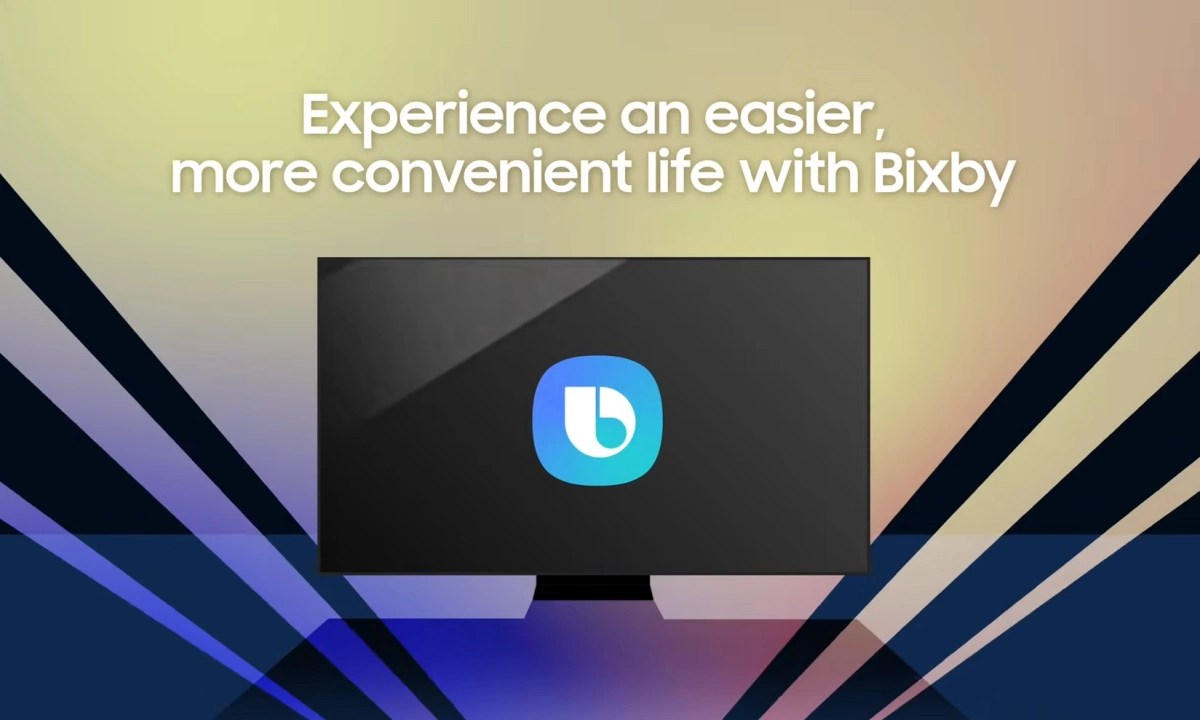Introduction to Polymath
The popularity of gaming platforms such as Roblox and Minecraft among young children, along with the significant screen time dedicated to YouTube, presents EdTech companies with the challenge of capturing and retaining their attention.
The Polymath Solution
Polymath tackles this issue by integrating elements of popular games with adaptive math lessons, aiming to make the learning experience more engaging and enjoyable for children.
Game Features
The educational sandbox game allows children to explore a virtual island, customize avatars, build structures using various materials, and interact with villagers. To progress through the game, children must complete math-related questions, ensuring they stay focused on their educational objectives.
Funding and Expansion
Polymath announced a $1 million pre-seed funding round, co-led by Blackbird Ventures and GD1, with notable participation from Liam Don, Chief Technology Officer of ClassDojo, as an angel investor. This funding aims to expand Polymath’s reach into additional markets.

Founder’s Vision
Sophie Silver, co-founder and CEO of Polymath, drew from her background in human learning, memory, and developmental psychology at University College London (UCL), and her experience as a part-time nanny, to understand the need for a more engaging approach to math education.
Personalized Learning Experience
“The children I worked with didn’t enjoy math, so I started inventing games to motivate them. I realized that the way they were learning wasn’t aligned with how the brain works,” Sophie Silver explained to TechCrunch. Polymath uses an adaptive algorithm to personalize learning for each child based on their progress.
Adaptive Algorithm
The algorithm analyzes children’s answers to identify the best question to ask next, recognizes knowledge gaps, and optimizes the timing of new information to prevent overwhelming the child.
Integrated Learning Opportunities
Beyond core math lessons, the virtual world offers additional learning opportunities. For instance, building a house in the game requires measuring dimensions and calculating the number of wood blocks needed.

Real-World Applications
Christian Silver, co-founder and CTO, highlighted a scenario where a shopkeeper in the game might try to overcharge for resources, requiring the child to apply critical thinking to recognize and correct the mistake.
Classroom and At-Home Versions
Polymath offers both an at-home version and a classroom version. The classroom version enables teachers to monitor students in real-time, with features for shared space and simultaneous question answering. For classrooms with limited devices, Polymath has an option for players to take turns answering questions.
Parental Involvement
The at-home version allows parents to manage their child’s experience and receive weekly progress reports via email. The Polymath Relate app provides parents with detailed insights into their child’s performance.
Multiplayer and Safety
Children can connect with friends using a unique friend code, and while playing in multiplayer mode, no chat function is available to ensure a safe environment.
Launch and Expansion
Polymath launched in January 2023 through the Startmate accelerator in New Zealand and has since gained thousands of users across Arizona, California, Florida, Texas, Virginia, Australia, New Zealand, and the UK.
Future Developments
Future plans include expanding the curriculum for advanced learning opportunities, introducing collaborative play for problem-solving, and offering purchasable avatar assets as a revenue stream.
Accessibility
Polymath is free to play on the web, iOS, and Android devices.
Source Link





